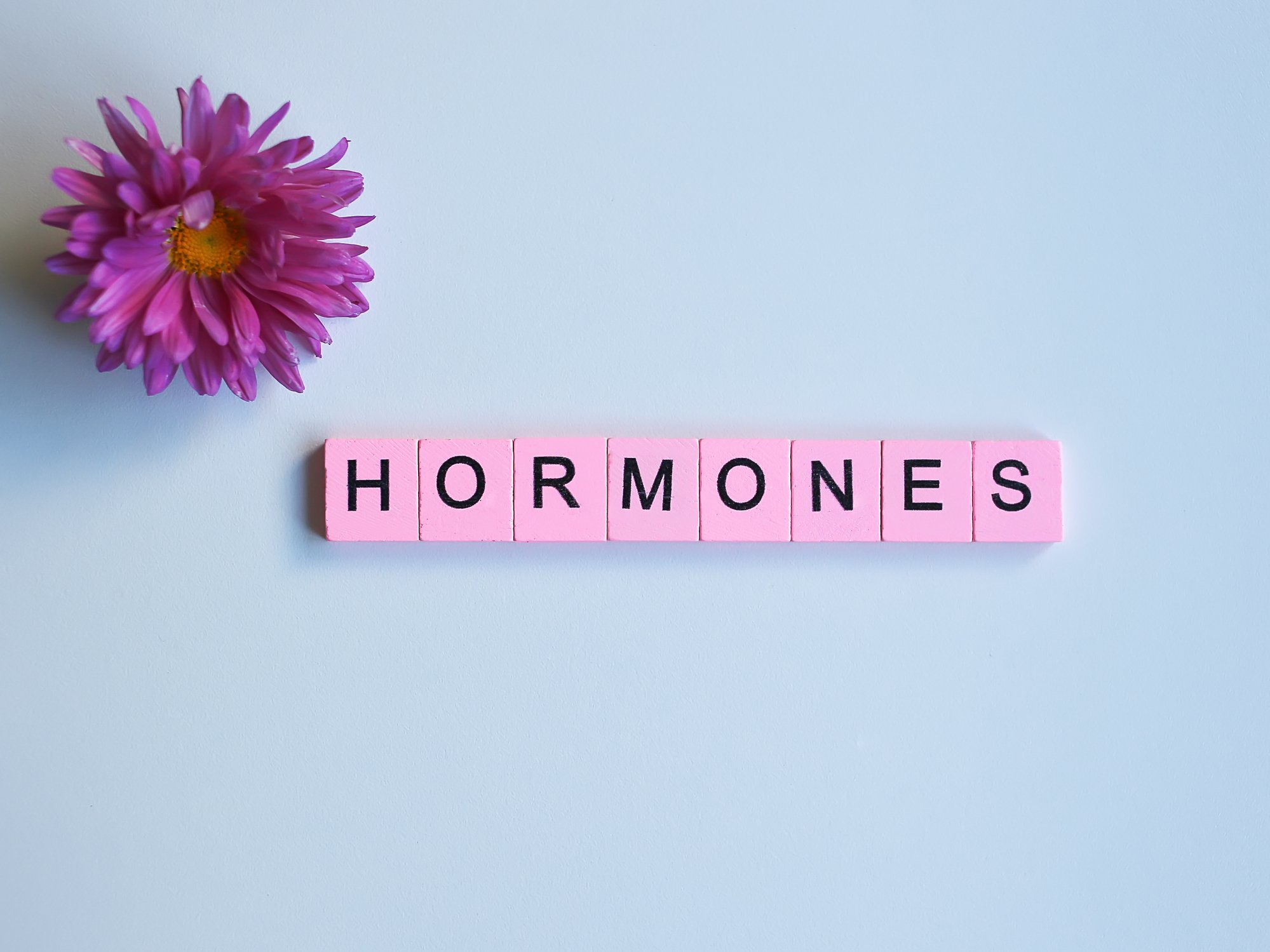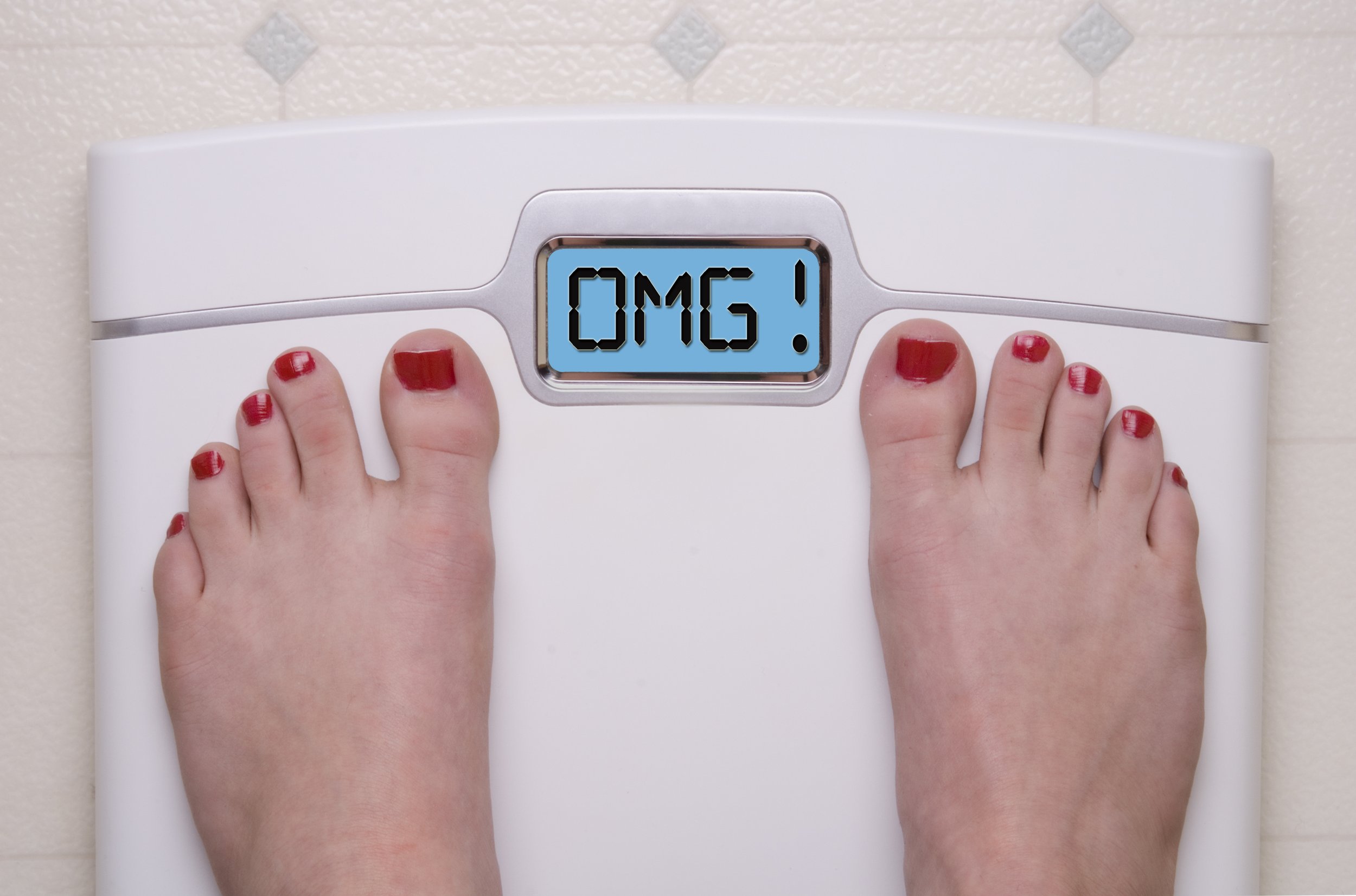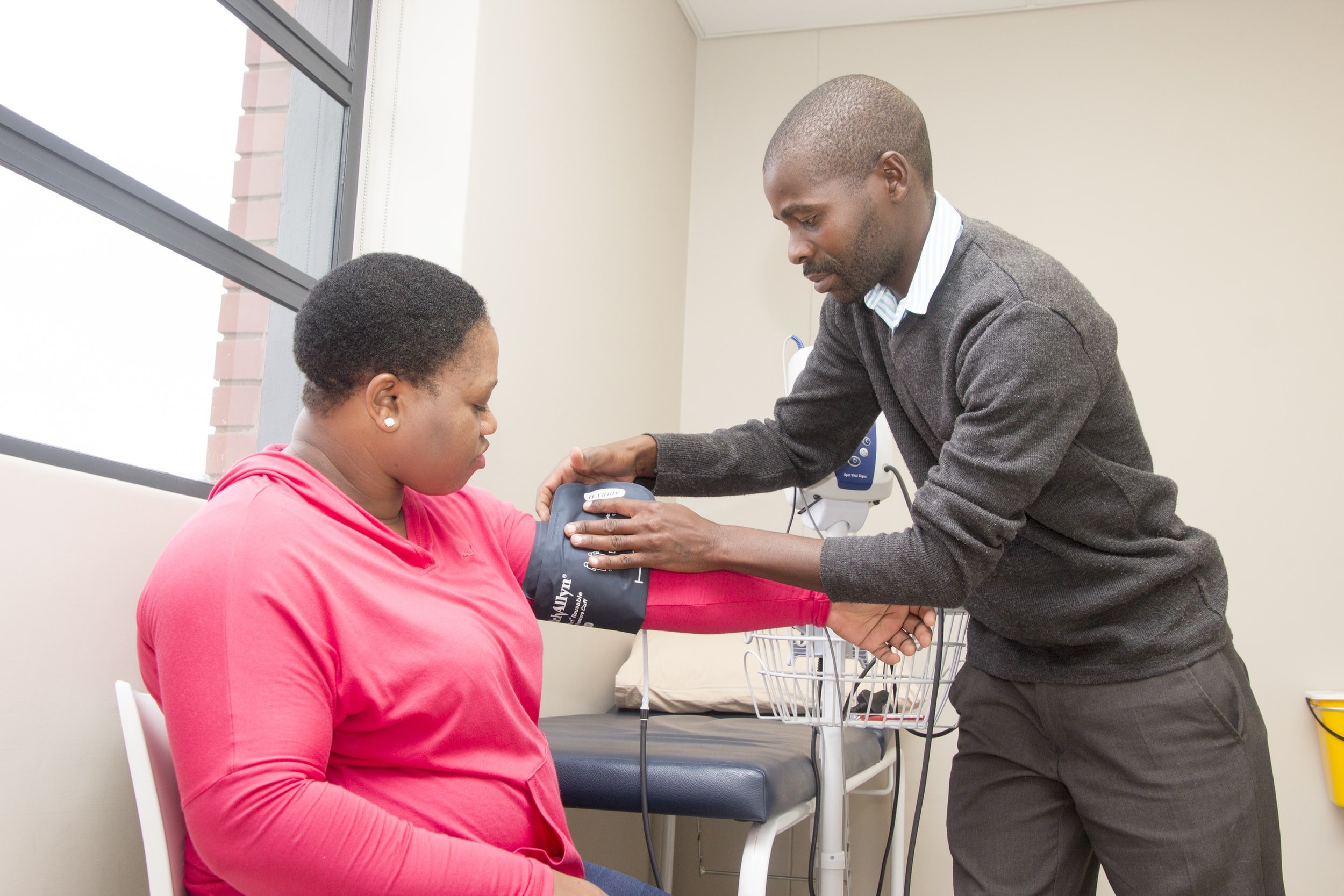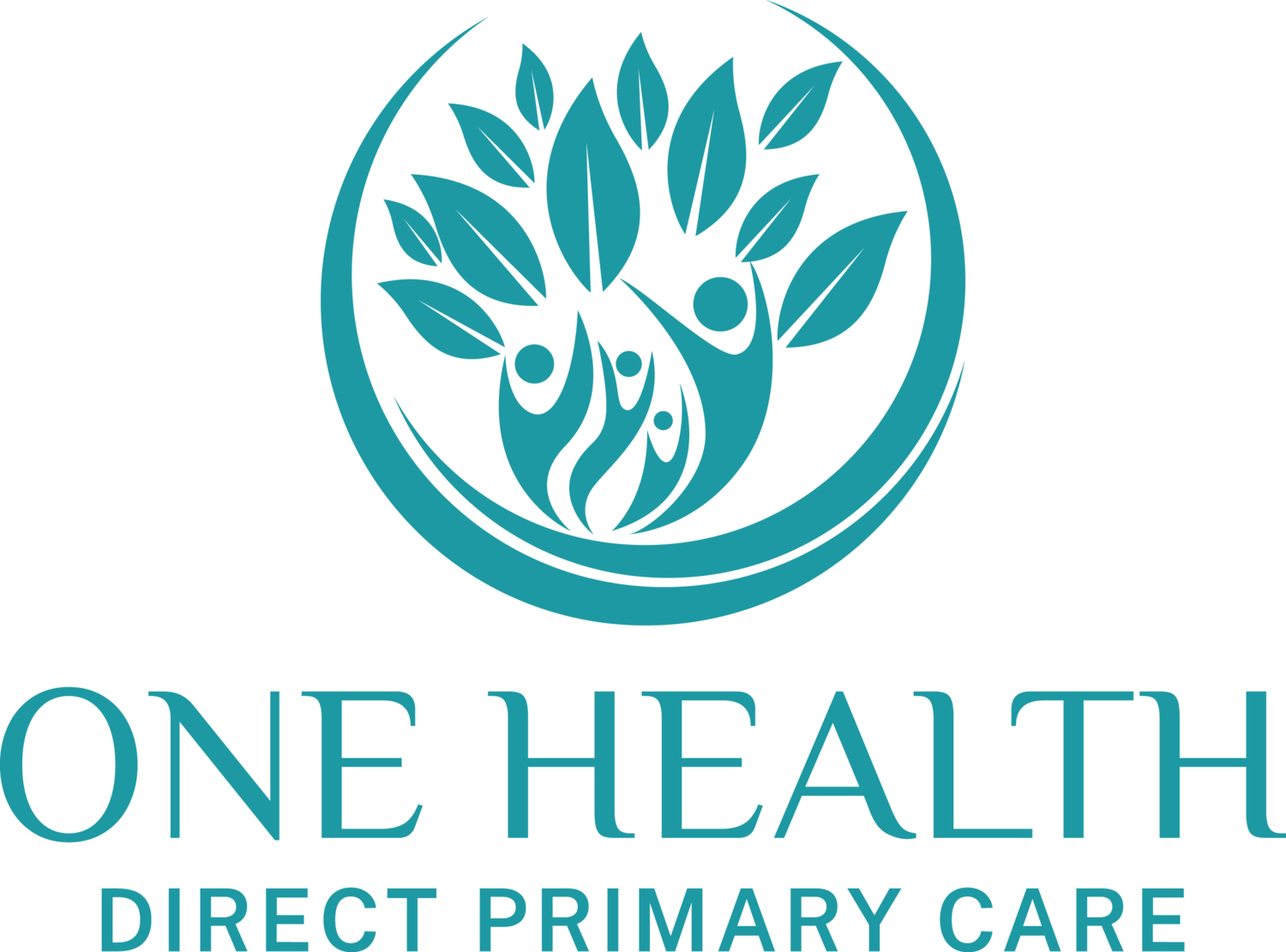
Aching, Stiff, and Tired? Understanding Musculoskeletal Symptoms in Perimenopause
If your body suddenly feels achier, stiffer, or slower to recover—and you’re in your 30s or 40s—you’re not imagining it. Perimenopause can impact your joints, muscles, and how your body moves and feels every day. This isn’t ‘just aging,’ and it’s not something you have to push through or ignore. In our latest blog, we break down what’s really happening in your body, the role hormones play in musculoskeletal health, and what you can do to feel strong, supported, and back in control again.

Mood Swings, Brain Fog, Fatigue? Let’s Talk Hormonal Health
Hormones influence everything from mood and focus to sleep, metabolism, and resilience. Subtle imbalances—often missed by standard labs—can significantly impact how women feel, especially during perimenopause or high-stress periods. A detailed hormonal evaluation offers a deeper look at sex hormones, thyroid, adrenal function, and key nutrients. With the right labs, supplements, prescriptions, and personalized lifestyle strategies, women can restore balance and feel like themselves again. Having a clear plan not only improves outcomes—it reduces the stress of not knowing where to start.

Beyond The Basics: Know Your Heart Risk
Let’s explore why you should go beyond the basic cholesterol panel, what additional tests are available, how frequently they should be done, and the evidence-based lifestyle and dietary interventions that can help protect your heart.

What Is Metabolic Syndrome, and Why Should You Care?
Metabolic syndrome is a group of health conditions that together increase your risk of serious issues like heart disease, type 2 diabetes, and stroke. It’s not a single disease but rather a combination of factors that amplify the risk of chronic illness when they occur together.
Understanding the components of metabolic syndrome and knowing how to evaluate your risk are essential steps to preventing long-term complications. Let’s break it down.
















